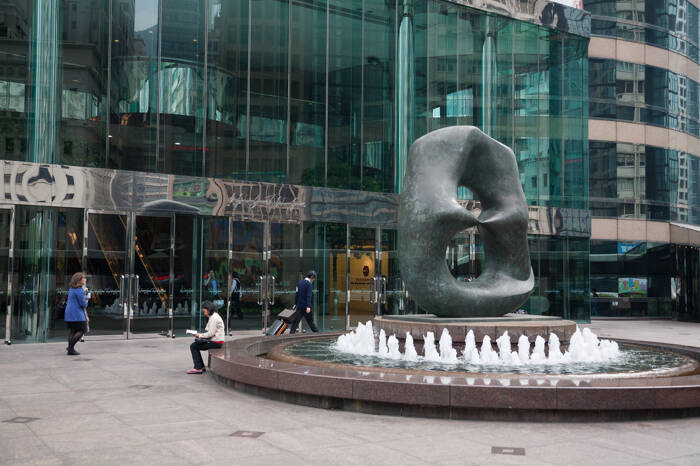Aussie consumer confidence rises, testing RBA December rate cut expectations
On Tuesday, November 12, the Westpac Consumer Confidence Index rose unexpectedly by 5.3% to 94.6 in November, compared to 89.8 in October. The rise in consumer confidence stemmed from increasing optimism about the prospects for the economy and finances.
Diminishing fears of higher interest rates boosted consumer confidence. However, consumers reacted negatively to Trump’s US election victory, suggesting the November peak may be easing. Nevertheless, rising consumer confidence may indicate a boost in consumer spending. A rebound in consumer spending could increase inflationary pressures, potentially easing RBA rate cuts in December.
China remains in focus amid unrest over Trump tariffs
Recent economic indicators from China suggest that recent stimulus measures are delivering results. However, uncertainty about the long-term effects of the current stimulus measures remains. Trump’s tariff threats remain a headwind for listed stocks in Hong Kong and mainland China. The lack of stimulus measures aimed at domestic consumer spending has disappointed investors.
After this weekend’s inflation report, the focus is likely to remain on Beijing’s plans to boost consumer consumption.
Alicia Garcia Herrero, chief economist of Natixis Asia Pacific, commented on China’s stimulus, Trump’s re-election and consumer demand: to report,
“I don’t expect the announcement to address the underlying issues or stimulate anemic consumer demand. An inadequate stimulus package following Trump’s re-election will spell a “very bad day” for China. They have to find other sources of growth because trade won’t survive.”


